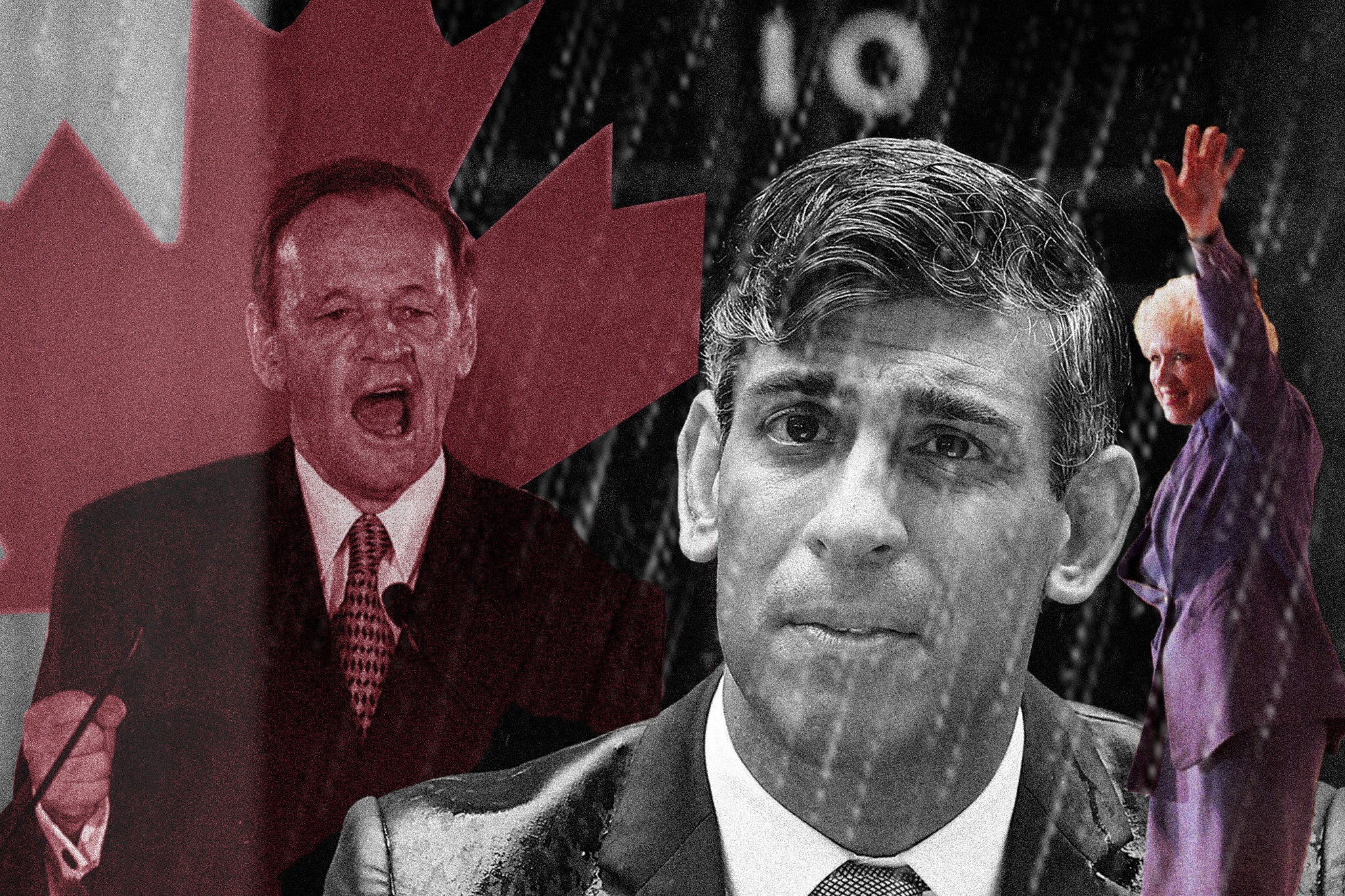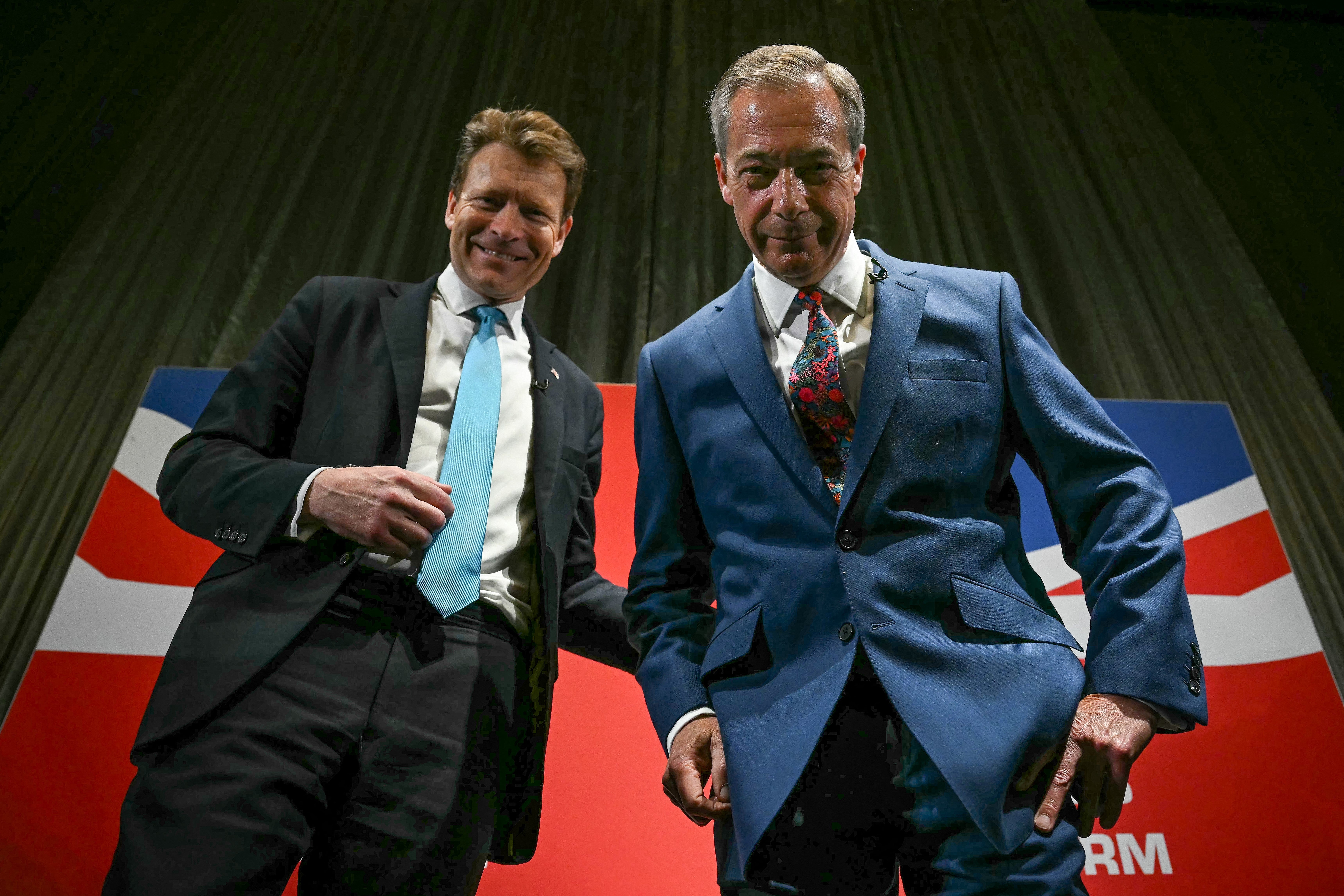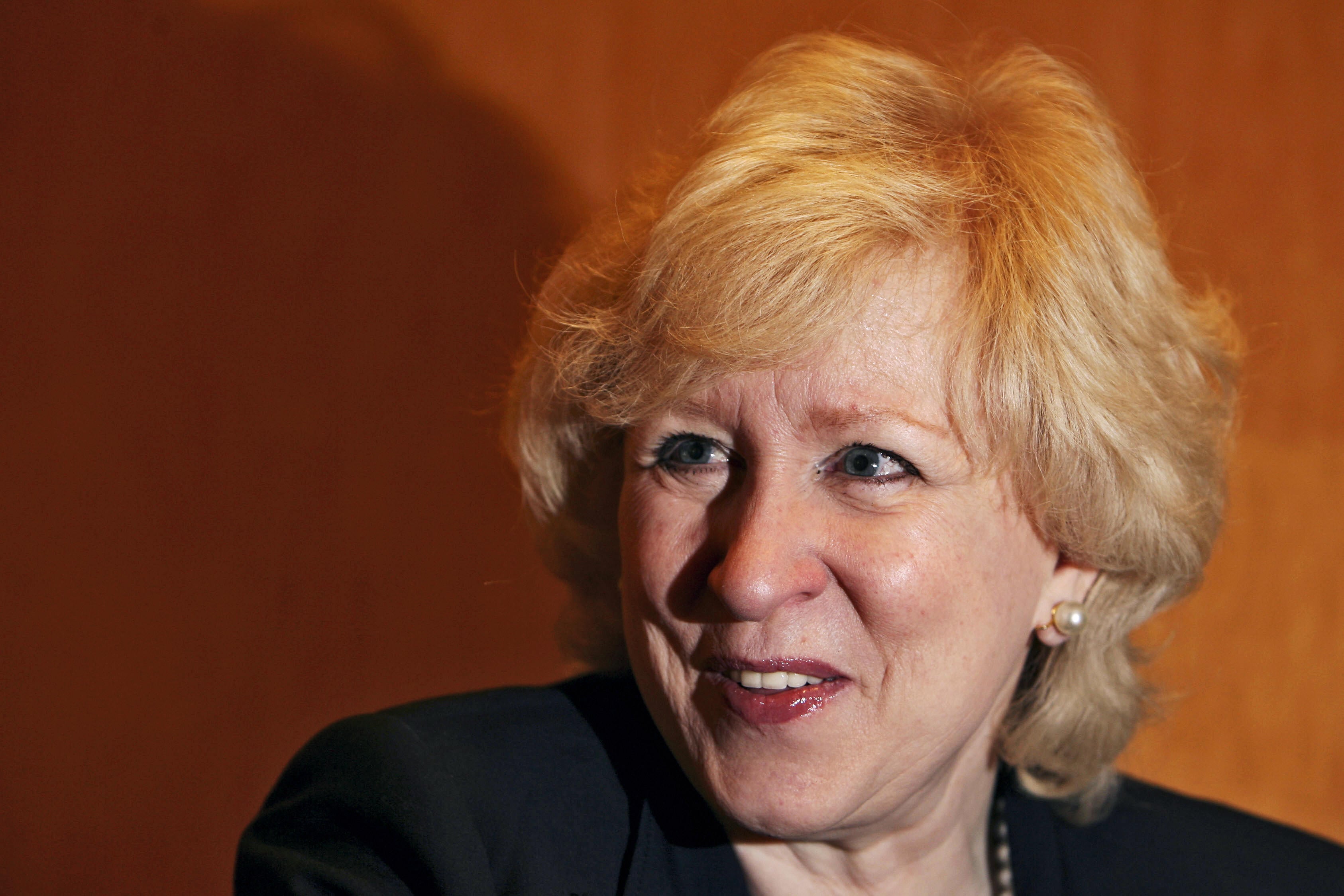Rishi Sunak and the truth about a ‘Canada 1993’ election wipeout
Over 30 years ago in Canada, a ruling Conservative Party was demolished in an election thanks to a party called ‘Reform’. But anyone predicting history will repeat itself in Britain this year is set to be sorely disappointed, writes Jabed Ahmed


Your support helps us to tell the story
From reproductive rights to climate change to Big Tech, The Independent is on the ground when the story is developing. Whether it's investigating the financials of Elon Musk's pro-Trump PAC or producing our latest documentary, 'The A Word', which shines a light on the American women fighting for reproductive rights, we know how important it is to parse out the facts from the messaging.
At such a critical moment in US history, we need reporters on the ground. Your donation allows us to keep sending journalists to speak to both sides of the story.
The Independent is trusted by Americans across the entire political spectrum. And unlike many other quality news outlets, we choose not to lock Americans out of our reporting and analysis with paywalls. We believe quality journalism should be available to everyone, paid for by those who can afford it.
Your support makes all the difference.It began as a whisper, in the nerdier corners of political social media.
Now, as the election nears, the question isn’t quite a roar, but it’s being asked everywhere, from national newspapers to the pages of The Spectator, the bible of the right: is Rishi Sunak facing a Canada 1993 moment?
The similarities are enough to send shivers down the spines of Tory candidates – ruling Conservatives challenged at an election by a right-wing party called “Reform”.
In Canada, the result was electoral oblivion: 167 parliamentary seats lost – including those of then-prime minister Kim Campbell – to leave the Progressive Conservative Canadian Party with just two seats, and the Liberal Party in power.
With Sunak’s party already facing a 24-point deficit in the polls to Labour, is there a chance that British Conservatives could face a similar fate?
The answer, it seems, is no – or at least, not unless things go catastrophically wrong for the Conservatives between now and 4 July.
Loading....
Martin Baxter, founder of Electoral Calculus, told The Independent that, although they face a challenge from voters either switching to Reform UK or not turning out at all on polling day, things would have to get “signficantly worse” for the Tories to end up with a Canada-style wipeout.
Labour would require a 33-point lead, which would leave the Conservatives with fewer than 10 seats, according to Mr Baxter.
He said: “It’s amazing that we’re asking the question, seeing that the Conservatives won a thumping majority just five years ago. But five years is a very long time in politics.”
Facing down Reform UK
The threat from the right is coming from Reform UK, led by Richard Tice and supported by Nigel Farage, though the former Ukip and Brexit Party leader is not running himself. They have zeroed in on high immigration as a key issue on which to challenge Mr Sunak.
Currently, Reform UK is polling at 12 per cent, nine points behind the Conservative Party. Although Reform UK is not predicted to win any seats, Mr Tice has vowed to stand a candidate in every constituency.
The key concern for the Tories, however, is in marginal seats. In the most recent byelections, Reform UK received 13 per cent of the vote in Wellingborough and 10.4 per cent in Kingswood.
In the Kingswood byelection, Labour beat the Conservatives with a majority of 2,501 – almost the exact number of votes Reform UK received (2,578).
Chris Hopkins, of leading polling firm Savanta, added: “Reform UK here doesn’t even look likely to pick up one parliamentary seat in our upcoming election, let alone become the official opposition.
“The main role of Reform UK in this general election isn’t going to be winning seats, but helping the Conservatives lose theirs.
“There are lots of seats where the splintering of the right vote will make it much easier for Labour and the Liberal Democrats to pick up seats.”

Key differences from 1993
In 1993, Ms Campbell became the Progressive Conservative Party leader just four months before the Federal Election, something that significantly hurt her electoral chances, according to Professor Daniel Béland, director of McGill Institute for the Study of Canada.
And while the names are similar, the challenge from Canada’s Reform is not the same as Britain’s in 2024. “In Western Canada, the Reform Party that was created is quite different from the UK version, because it was purely a regional party,” said Professor Béland.
“They didn’t run candidates across the country in all 295 constituencies, and were weak outside Western Canada.
“The party was fuelled on the idea that too much power in the country was held in Quebec, so there was lots of regional resentment.”

Ten years later, still reeling from the electoral thrashing, the party ceased to exist and merged into the new Conservative Party of Canada.
Ultimately, debunking the Canada question will be of cold comfort to Mr Sunak, as the prime minister stares down the barrel of general election defeat. And while a repeat performance of 1993 is highly unlikely, the eerie similarities may still be enough to keep a Tory grandee or two up at night.
Subscribe to Independent Premium to bookmark this article
Want to bookmark your favourite articles and stories to read or reference later? Start your Independent Premium subscription today.
Join our commenting forum
Join thought-provoking conversations, follow other Independent readers and see their replies
Comments